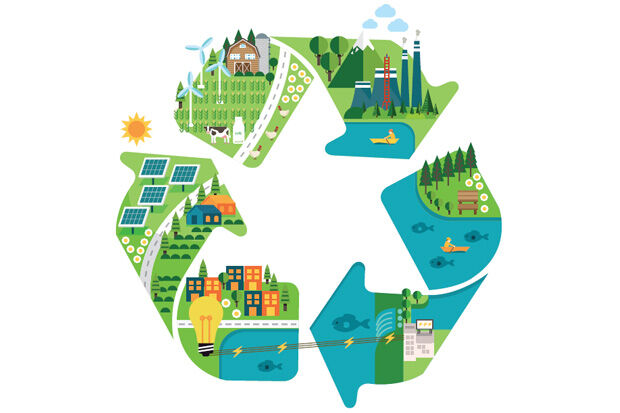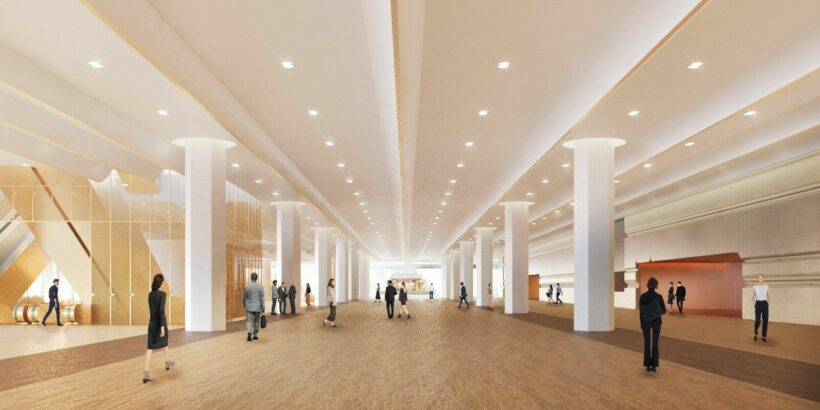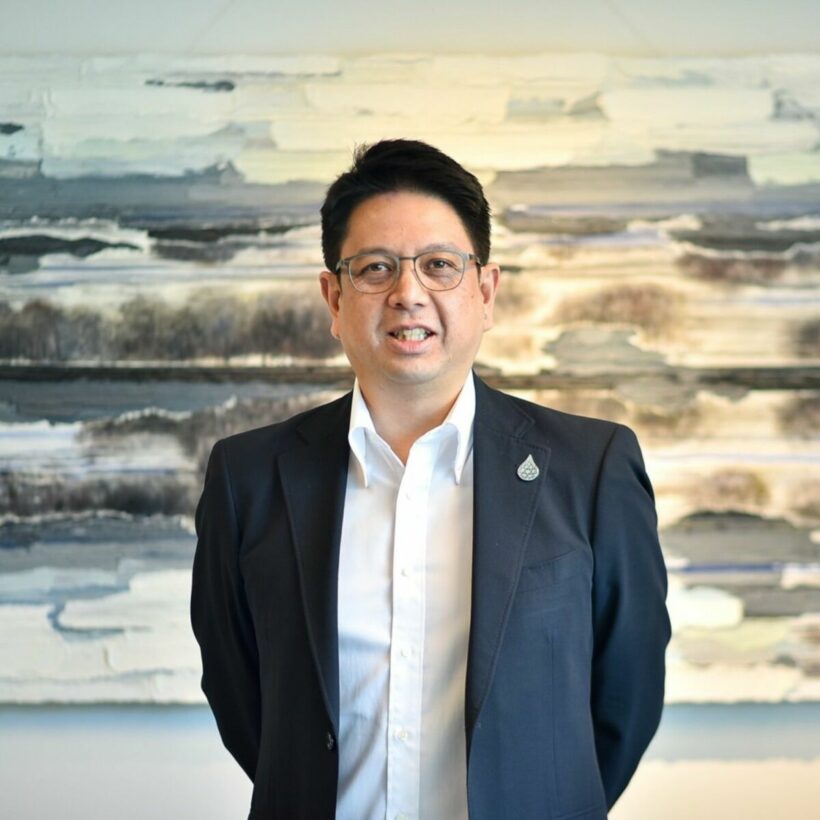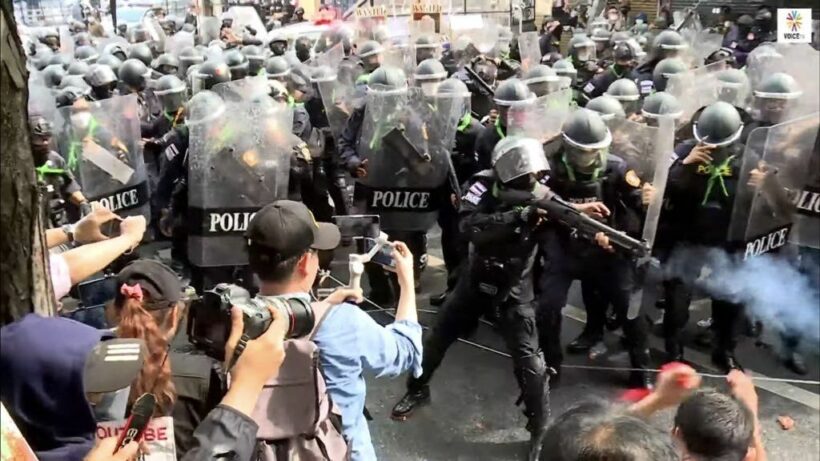Bio, circular, green – Thailand’s BCG offers APEC sustainable economy

Thailand is preparing to welcome the 21 APEC members to Bangkok next month with a new business code of conduct that espouses a Bio-Circular-Green (BCG) economic model.
The BCG model is both environmentally-friendly and responsible, the Foreign Ministry’s senior APEC official Cherdchai Chaivaivid said during an interview with The Nation.
The director-general of the Department of International Economic Affairs noted that the upcoming summit will take place in the depths of a global economic meltdown and some unprecedented geopolitical tensions.

As far as Cherdchai is concerned, anything could happen at the summit. As host, Thailand wants everything to go well, aside from the problematic politics that determine the mode of international relationships.

Thailand is determined to push the BCG model, despite any unfavourable possibilities, Cherdchai said. It should serve as the business code of conduct for all APEC members in terms of trade and investment.
BCG is a set of new bio-economy rules, covering renewable biological resources, reuse and recycling and sustainable development. Four agenda items stand out.
- The consequences of climate change
- Environmental responsibility
- Conservation of natural resources
- Zero waste
Cherdchai is confident that APEC leaders will accept that the environment and climate change are the most urgent global issues. Although the Bangkok Declaration will not be legally binding, Thailand is confident that the BCG economy concept will be carried forward to the next APEC Summit.
The official said…
“This is the end of doing business in order to maximise profits. It is time to consider how to run a sustainable business while also living in harmony with the community and the environment. We must find a way to balance business growth with environmental sensitivity.”
Bio-Circular-Green Economic model has been introduced by the research community and promoted by Bangkok as a model for inclusive and sustainable growth. It will capitalise on Thailand’s strengths in biological diversity and cultural richness to transform Thailand into a value-based and innovation-driven economy.

The model meets UN Sustainable Development Goals and is aligned with the sufficiency economy philosophy based on the fundamental principles of Thai culture. A sufficient economy means moderation and prudence and uses knowledge and virtue as guidelines in living.
Based on Thailand’s strength in agriculture, its natural resources and diversity in terms of both biological resources and physical geography, the BCG model is focused on four industries –food production, medicine, bio-industries and tourism. Science, technology and innovation enhance the value chain, both upstream and downstream.

Latest Thailand News
Follow The Thaiger on Google News:


























